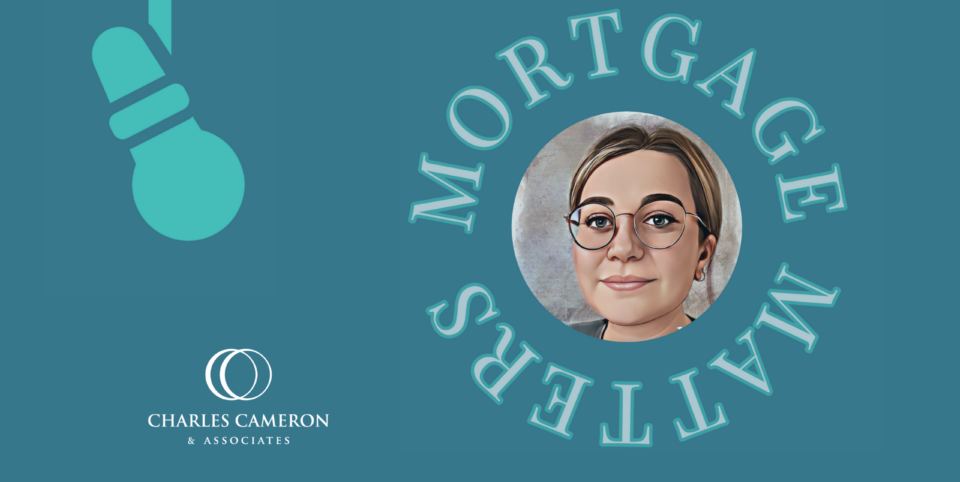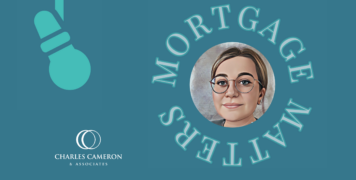Contact
020 4515 6728
info@ccameron.co.uk
Charles Cameron & Associates
Blackfriars Foundry
154-156 Blackfriars Road
London SE1 8EN
Buy-to-Let mortgages
February 10, 2023
Information published was correct at the time of writing
--

In this episode, we discuss the basics of buy-to-let mortgages and the main differences between this type of mortgage and a residential mortgage. Listen below to find out more.
 Audio Player
Audio Player
Hello and welcome to this podcast brought to you by Charles Cameron and Associates. Today we will discuss buy-to-let mortgages and their key differences from residential mortgages. So, let’s dive in.
What is a buy-to-let mortgage?
A buy-to-let mortgage is a particular type of mortgage intended for landlords who want to purchase a property to rent out to tenants. If you have a standard residential mortgage on your property and you are planning on moving out to let the property to tenants, you are not allowed to do so, unless you obtain the lenders permission to let in advance.
A buy-to-let mortgage is very similar to a residential mortgage, but there are some key differences. For example, most landlords choose an interest-only mortgage in order to maximise the amount of income from their monthly rent. This means that their monthly mortgage repayment will only pay the interest, and at the end of the lending period, they will need to pay back the capital in a whole sum, either by selling the property or by using another repayment vehicle
Another big difference is how much someone can borrow for a BTL mortgage.
How much can I borrow on a buy-to-let mortgage?
When talking about BTL mortgages, it’s not all about your credit history and personal income or expenditure. When looking at the amount of money a lender would be willing to lend you on an investment property, they usually look at the property’s value against the rental income that could be generated. As a general rule, the lender will expect your monthly rent to cover your monthly mortgage payment from 125% to 145%, giving you a small profit. This is called a stress test.
What is a stress test?
When applying for a buy-to-let mortgage, you will need to pass a lender’s stress test rather than proving how your rental income will cover your monthly mortgage repayments. Simply put, a stress test is a calculation that lenders use to determine how much money they can lend to the borrower. Each lender has a different % that they will use for their affordability test, so discussing this with an expert adviser is the best way forward.
How much deposit do I need?
Buy-to-let mortgages often require a much larger deposit than standard residential mortgages. The minimum deposit is usually 20%, although a deposit of 25% + is the most common.
Moreover, a deposit on BTL mortgages is crucial when it comes to working out the stress test, and how much you would be able to borrow based on the rental income you can achieve for that property, so the higher deposit you can afford, the better.
How much Stamp Duty do you have to pay?
The stamp duty is likely to be your biggest single cost when purchasing a buy-to-let property. Any second property is liaible for an additional stamp duty charge of a minimum of 3%. This surcharge is on top of the standard Stamp Duty bill.
As of September 2022, the stamp duty rate for a 2nd Property ranges from 3% to 15% of the purchase price, depending upon the value of the property bought. The subdivision is the following:
- For the first £250,000 of the purchase price, you pay 3%
- For the portion from £ 250,001 and £925,000 of the property price you pay 8%
- For the portion from £925,001 to £1.5 million of the property price, you pay 13%
- For the portion above £1.5 million, you pay 15%.
The main exception to pay the stamp duty surcharge is for people who have never owned a property before, so are buying their only property as first-time buyers, and are investing in a buy-to-let property – they will pay standard home mover rates.*
Remember, no matter what type of mortgage you apply for, you should always get independent and professional advice from a fully qualified mortgage adviser to understand and explore all available options. Our team of friendly brokers are waiting to support you!
For more information on how to buy-to-let mortgages, read our Knowledge Hub articles.
You can now find our Mortgage Matters podcast on a range of podcast platforms, including
Spotify – https://buff.ly/3ylmtO2
Apple Podcast – https://buff.ly/3up3dxY
Amazon Music – https://buff.ly/3yhGW6H
And Google Podcast – https://buff.ly/3bTAlrz
Don’t forget, our professional friendly advisers are on hand to support you and can help you explore all of your options.



